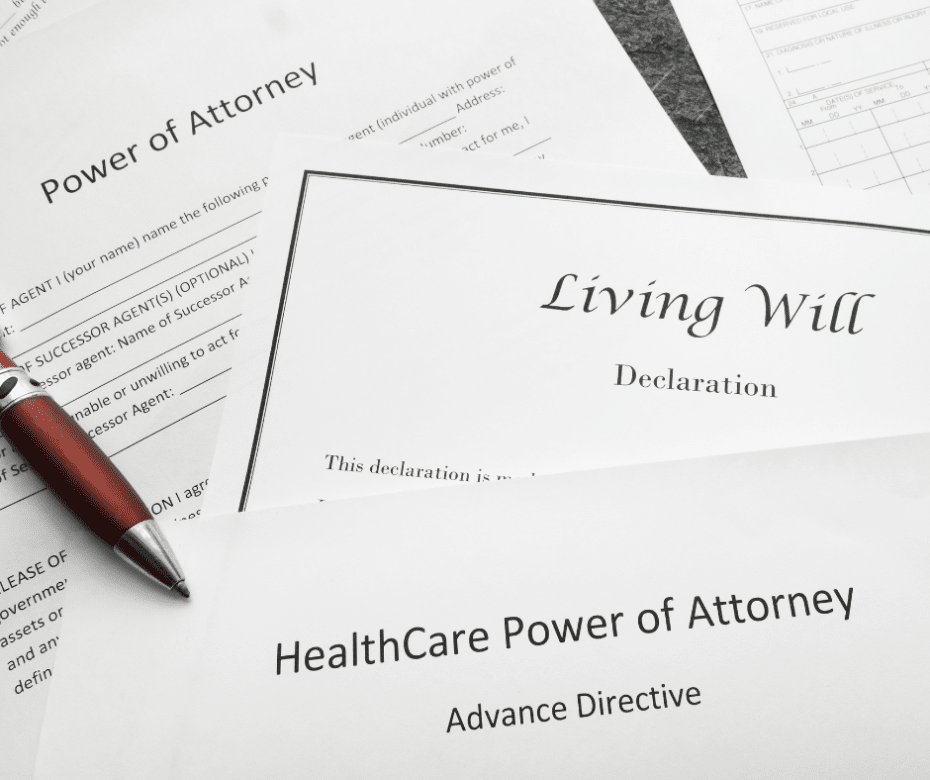Call Us At 519.672.5666
Insights & Articles
Wills and Powers of Attorney Basics and Specific Considerations for Farming Families

A version of this article originally appeared in the March issue of Country Guide.
Every adult should have a will and powers of attorney in place. This article outlines the basics of these essential documents, explains why they are important, and highlights specific considerations for farming families. Once a succession plan is established, it’s vital to update estate planning documents to reflect the plan.
The Basics of Estate Planning Documents
Wills:
A will outlines what happens to your estate after death, while powers of attorney are used when someone is alive but unable to make decisions for themselves.
When drafting your will, consider the following:
1) Executor and Alternate Executor
- The executor administers your estate.
- You may appoint one or multiple executors. If choosing more than one, an odd number is advisable to ensure a majority decision can be reached.
- Consider whether you will compensate the executor for their time and responsibilities.
2) Beneficiaries
- Who will inherit from your estate? This could include your spouse, children, or others.
- In the event that you, your spouse, and children pass away, who should inherit your estate?
3) Age of Inheritance for Children
- At what age should your children be allowed to inherit their portion of the estate? This can be in the form of a lump sum or distributed in stages.
4) Personal Effects
- Are there specific items you wish to gift to certain individuals? Be clear about any special bequests.
5) Guardianship for Minor Children
- Who do you want to appoint as guardian and alternate guardian for your children?
The will also includes provisions granting the executor the authority to manage the estate and a clause that protects beneficiaries from former spouses. For example, if a beneficiary inherits while married, the inheritance (and any income derived from it) will not be shared with the spouse in the event of a separation—unless the funds are placed in joint accounts or invested in a matrimonial home.
Powers of Attorney:
There are two key powers of attorney to consider: one for personal care and one for property.
1) Power of Attorney for Personal Care
- This document allows your attorney to make healthcare decisions on your behalf if you lose capacity. These decisions can include issues related to nutrition, shelter, hygiene, and safety. Any Special wishes, such as whether you wish to be kept alive in a vegetative state or whether you wish to donate organs can be specified in this document.
2) Power of Attorney for Property
- This document gives your attorney the authority to manage your property, including banking, real estate, and any business interests. Unlike the power of attorney for personal care, you may activate this document even if you retain capacity.
For both types of powers of attorney, you will need to consider:
1) Who will act as your attorney, and who will be the alternate?
- You can choose different individuals for each document.
- Multiple people can be appointed, either to act jointly or severally (meaning together or independently).
2) Any special instructions for the attorney?
- If you have specific wishes regarding how your personal care should be handled, or how your property should be managed, these should be outlined in the respective documents.
Why These Documents are Essential
A will is crucial because, without one, your estate will be distributed according to the rules of intestacy. This means the distribution of your estate may not reflect your wishes, and the process could be more complicated for your family.
A will also opens the door to estate planning discussions that could help reduce the impact of probate tax. Probate is a tax levied on the total value of your estate, including cash, real estate, and corporate interests. Certain assets, like shares in a private corporation, can be excluded from probate by creating a primary will (for personal assets) and a secondary will (for corporate shares).
Powers of attorney ensure that trusted individuals are in place to make decisions for you should you be unable to do so. Without powers of attorney, decisions could be made by someone who may not align with your preferences particularly if the decisions involve your business or other critical matters.
Considerations for Farming Families
Farming families face unique challenges when planning their estates, particularly when there are both farming and non-farming children involved. For children working on the farm, the farm may be their livelihood. It may not be fair to gift a portion of the farm to non-farming children, as they are not involved in the farm’s operation.
This does not mean you should leave nothing to non-farming children. Instead, consider alternatives, such as taking out a life insurance policy for them or gifting assets like a cottage or investments. While the value of these gifts may not be equal to the farm, they ensure that non-farming children are not left without any inheritance.
By thoughtfully addressing these considerations, you can create a succession plan that is fair to all children while ensuring the continuation of the farm for future generations.
Conclusion
Having a will and powers of attorney in place is one of the most important steps you can take to ensure that your estate is handled according to your wishes. These documents not only give you control over the distribution of your estate but also provide clarity and support for your family during difficult times. For farming families, the unique needs of both farming and non-farming children require thoughtful planning, but the effort will make life easier for your loved ones and preserve the farm’s future.
If you have any questions with regard to wills, powers of attorney, or this article, please contact Jon Barnett or Ashley Podolinsky. Both have extensive experience with agri-business and succession planning.

